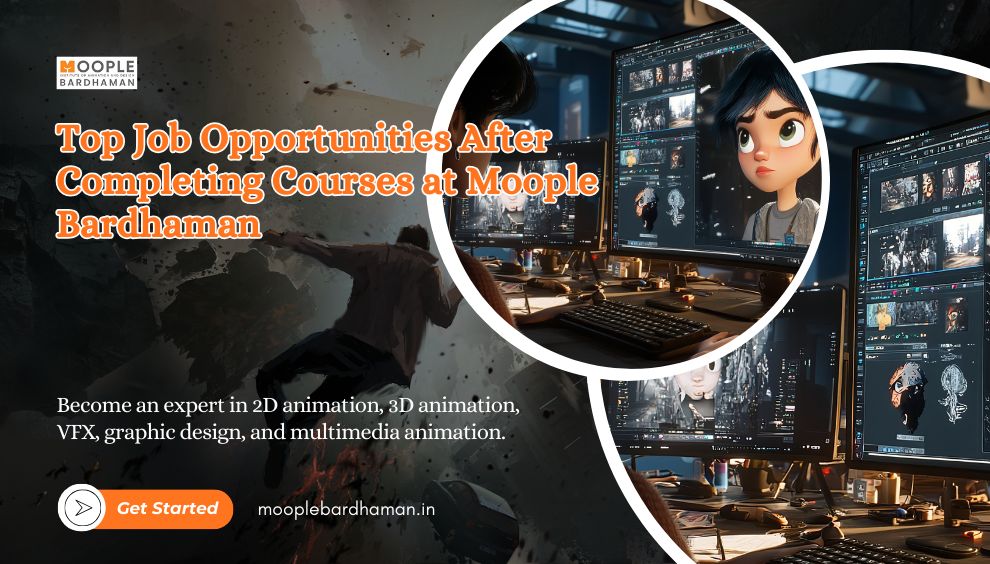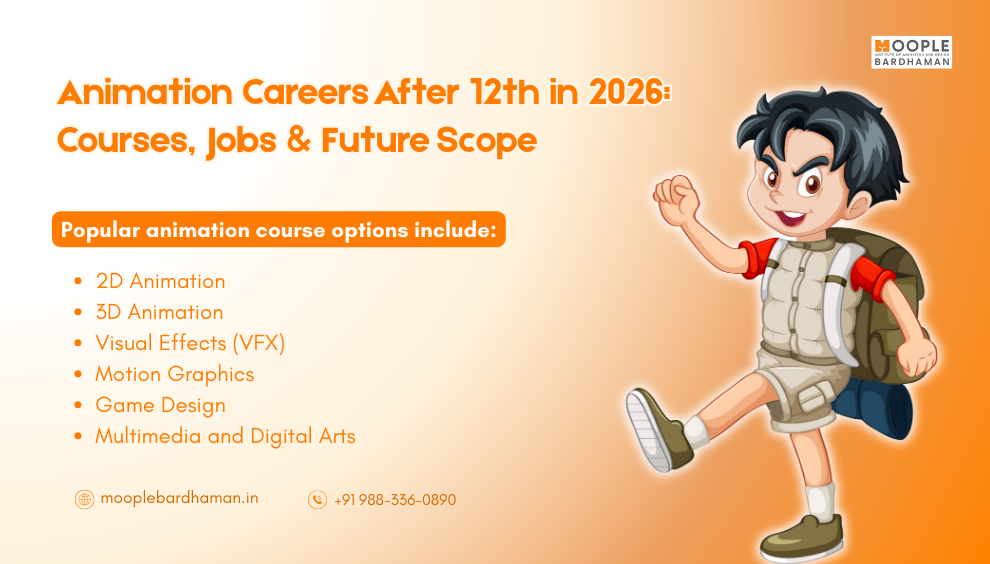What Are Contextual And Theoretical Studies In Animation Institutes?
Animation is not merely about creating visually appealing characters and scenes; it's a multidimensional art form that draws upon various disciplines and concepts. Contextual and theoretical studies in animation institutes play a crucial role in shaping the creative minds behind animated masterpieces. These studies delve into the historical, cultural, and theoretical aspects of animation, providing students with a comprehensive understanding of the medium. This article explores what contextual and theoretical studies entail in animation institutes and why they are essential for aspiring animators.
Understanding Contextual Studies:
Contextual studies in animation institutes focus on examining the historical and cultural contexts in which animation has evolved. This involves studying the works of pioneering animators, understanding the socio-political influences on animation, and analysing the impact of technological advancements on the medium.
Historical Perspectives:
Students delve into the origins of animation, from early experiments in motion to the development of iconic characters like Mickey Mouse and Bugs Bunny. By studying the evolution of animation techniques and styles in an animation institute, students gain insight into the foundations of the art form.
Cultural Influences:
Animation is deeply intertwined with culture, reflecting societal values, beliefs, and traditions. Contextual studies explore how different cultures have contributed to the world of animation, from Japanese anime to European animation aesthetics. Understanding cultural contexts allows animators to create more authentic and relatable stories.
Technological Advancements:
The field of animation has been revolutionized by technological innovations, from hand-drawn animation to computer-generated imagery (CGI). Contextual studies examine how these advancements have transformed the medium, opening up new possibilities for storytelling and artistic expression.
Exploring Theoretical Studies:
Theoretical studies in animation training institutes focus on the academic and critical analysis of animated works. This involves studying various theories and frameworks that provide insights into the creative process, narrative structure, and visual aesthetics of animation.
Narrative Theory:
Animation is a storytelling medium, and understanding narrative theory is essential for crafting compelling stories. Students learn about narrative structures, character development, and thematic elements that contribute to effective storytelling in animation.
Aesthetics and Visual Style:
The visual style of VFX and animation courses is a crucial aspect of its appeal. Theoretical studies delve into the principles of visual aesthetics, including color theory, composition, and character design. By analyzing the visual elements of animated works, students learn how to create visually engaging and cohesive animations.
Critical Analysis:
Critical analysis plays a vital role in evaluating animated works from a scholarly perspective. Students learn how to deconstruct animated films, examining themes, symbolism, and underlying messages. This critical approach fosters a deeper appreciation for the artistry and craftsmanship behind animation.
Importance of Contextual and Theoretical Studies:
Contextual and theoretical studies are integral components of animation education for several reasons:
Holistic Understanding: By studying the historical, cultural, and theoretical aspects of animation, students gain a holistic understanding of the medium, allowing them to create more meaningful and impactful animations.
Inspiration and Innovation: Learning from the works of past animators and exploring theoretical frameworks sparks creativity and innovation. Students are encouraged to push the boundaries of animation by drawing inspiration from diverse sources and experimenting with new techniques.
Critical Thinking Skills: Engaging with theoretical concepts and critically analyzing animated works develops students' critical thinking skills. This analytical approach enables animators to identify strengths and weaknesses in their own work and continually strive for improvement.
Conclusion:
Contextual and theoretical studies are fundamental components of animation education, providing students with the knowledge, skills, and inspiration they need to become successful animators. By understanding the historical, cultural, and theoretical dimensions of animation, students are equipped to create animations that resonate with audiences and stand the test of time. Moople Institute recognizes the importance of contextual and theoretical studies in nurturing the next generation of animation talent and is committed to providing a comprehensive education that prepares students for success in the dynamic field of animation





